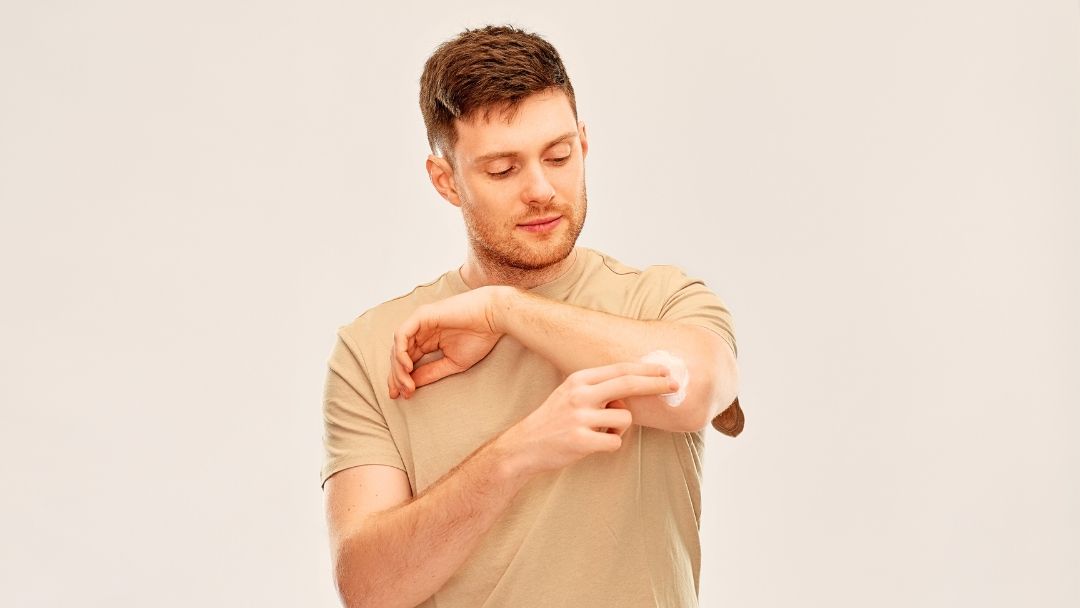If you’ve ever walked into a cannabis store and seen creams, balms, or oils labeled “CBD,” you might be wondering: What does it actually do? And more importantly: is it safe to use if you work in construction or other safety-sensitive jobs?
Let’s break it down.
What Is CBD?
CBD (cannabidiol) is one of the many compounds found in the cannabis plant, but unlike THC, it won’t get you high. CBD interacts with the body’s endocannabinoid system, which helps regulate things like pain, inflammation, mood, and sleep.
While THC is known for its psychoactive effects, CBD is best known for its calming and therapeutic potential—without the buzz.
While THC is known for its psychoactive effects, CBD is best known for its calming and therapeutic potential—without the buzz.

What Are CBD Topicals?
CBD topicals are products that you apply directly to your skin. These include:
- Creams and lotions for joint pain or sore muscles
- Balms and salves for inflammation or skin conditions
- Roll-ons or patches for targeted relief
When applied to the skin, CBD doesn’t enter your bloodstream—it interacts with cannabinoid receptors in the skin and muscles, which means no risk of feeling “high” or impaired.
Why Are Workers Turning to CBD?
People in physical jobs - like construction, trades, and warehouse work - are turning to CBD as a non-intoxicating way to manage pain and stiffness from long shifts, repetitive motion, or old injuries.
Here’s why it’s gaining popularity on job sites:
Non-psychoactive – You can use it without getting high
Non-psychoactive – You can use it without getting high
Targeted relief – Apply it directly to sore areas

No need to ingest anything – Good for people who don’t want to smoke or eat cannabis
May reduce inflammation – Some studies suggest CBD can help reduce chronic joint and muscle pain
Is It Legal? Can I Use It at Work?
Yes. CBD is legal in Canada, but there’s a catch: it’s still regulated under the Cannabis Act, so all products must be bought through a licensed retailer.
The good news? Topical CBD products won’t impair you, and in most cases, they won’t show up on a drug test, especially if they contain little to no THC. That said, always read the label. And if you work for a company with strict drug policies, it’s best to check before using any cannabis-based products, even CBD.
Is CBD Worth Trying?
If you’re dealing with sore knees, back pain, or tired hands at the end of a long day, CBD topicals might be a helpful, low-risk option. They won’t get you high, and they offer a natural way to soothe aches and pains. Especially when paired with other wellness habits like stretching, rest, and hydration.

Just make sure you buy from licensed sources, read the ingredients, and talk to your supervisor or safety rep if you’re unsure about your workplace rules. The more informed you are, the better choices you can make for your health and your job.
